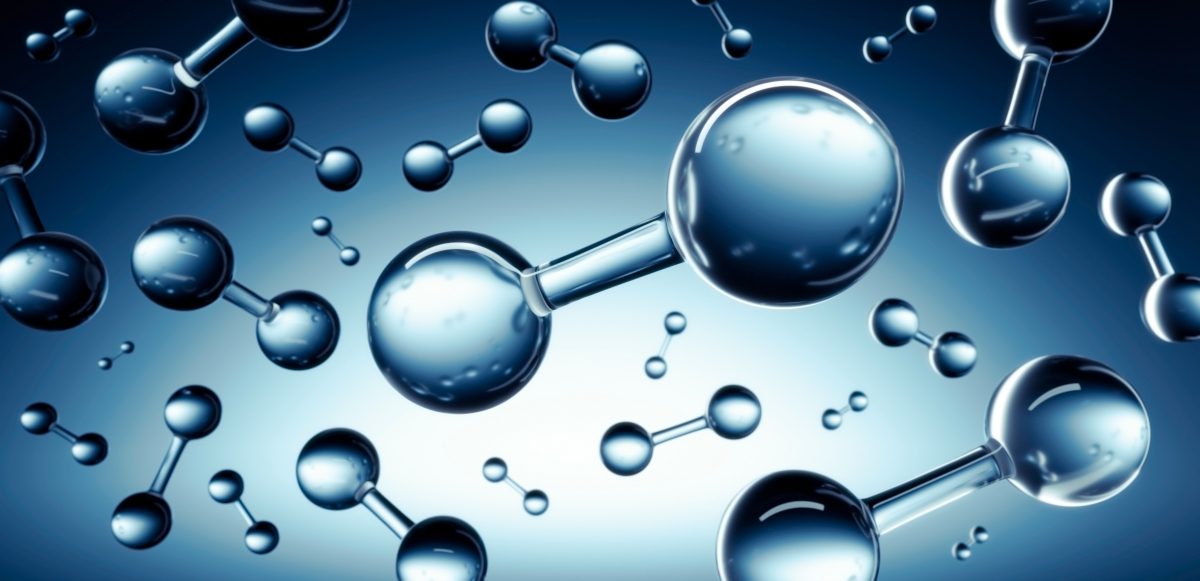
A US firm has a vision to design and develop durable and efficient solid-state hydrogen storage solutions that work under ambient temperature and low pressure.
H2MOF has been founded by Professor Sir Fraser Stoddart, awarded the Nobel Prize in Chemistry in 2016 for the design and synthesis of artificial molecular machines, and Professor Omar Yaghi, founder of Reticular Chemistry and awarded the Albert Einstein Award of Science in 2017.
“Hydrogen fuel has the highest energy density among all combustible fuels; at the same time, it has zero emissions”, said Sir Fraser Stoddart. He added: “these reasons are amongst the key drivers toward considering hydrogen energy as the best choice for a sustainable and clean future for humankind”.
Today, storing hydrogen often involves compressing or liquefying it by cooling it down. These conversions use a significant amount of energy and therefore are inefficient and expensive. H2MOF takes a different approach, “capitalizing on decades of discoveries and advancement in reticular chemistry and artificial molecular machinery to develop novel materials designed with atomic precision to tackle the challenging properties of hydrogen molecules”.
“Hydrogen is the most abundant element in the universe. It’s the lightest element, and therefore it is very challenging to store and transport in an efficient and safe way”, says Professor Omar Yaghi, co-founder of H2MOF, who continues: “Over the past two decades, I’ve been working on improving the efficiency of hydrogen storage materials based on reticular chemistry, and we’ve made a lot of progress.”
Reticular chemistry, and specifically MOF technology, has received wide interest and recognition worldwide as a promising technology for solving the hydrogen storage challenge. The US Department of Energy listed MOF technology as a leading technology candidate to solve the hydrogen storage challenge. There are also several research programs that include consortiums from multiple reputable research institutions from multiple European countries, funded by the EU, that focus on MOF technology to develop more efficient hydrogen storage solutions.
Dr. Samer Taha, CEO of H2MOF elaborates: “Our technology aims at significantly cutting the energy penalty associated with storing hydrogen using high-pressure tanks or associated with liquefying hydrogen. Our technology roadmap targets the development of hydrogen storage solutions that can achieve high storage density at ambient temperature and at pressures as low as 20 bar, which is less than 3% of the pressure of some of the high-pressure 700-bar hydrogen storage tanks used in the industry today.” Dr. Taha added that “our technology relies on our novel material that attracts hydrogen molecules towards the nano-scale cavities of the material. This bonding then retains the hydrogen molecules inside the novel material while also allowing for their efficient release when required.”
H2MOF is currently working on the optimization and scaling of the novel material and on the integration of its hydrogen storage solution. Ultimately, the product offerings will be targeting several application areas including long-term storage of hydrogen, storage of hydrogen during long-distance transportation, and – when used as a fuel for transportation – solutions for various means of transportation such as light-duty vehicles, heavy duty trucks, trains, ships, and airplanes.







